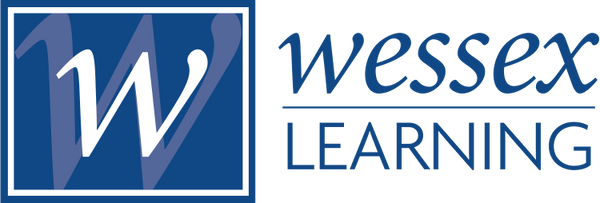
Author
Harish Sujan
Harish Sujan is Professor of Marketing at Tulane University’s Freeman School of Business.
His research interests include enhancing salesperson intelligence through motivation and improving consumer wellbeing.
Recent Publications
- Sujan, Harish and Mita Sujan (2020), “Consumer and Marketer Intelligence,” Chapter 16, Cambridge Handbook of Intelligence, 2nd Edition.
- Sujan, Harish, Michael Ahearne, and Noel Capon (2018), The Sales Simulation, Wessex Press, New York.
- Hall, Zachary, Michael Ahearne, and Harish Sujan (2015), “The Importance of Starting Right: The Influence of Accurate Intuition on Performance in Salesperson-Customer Interactions,” The Journal of Marketing (May).
Impactful Publications
- Weitz, Barton A., Harish Sujan, and Mita Sujan (1986), “Knowledge, Motivation and Adaptive Behavior: A Framework for Improving Selling Effectiveness,” Journal of Marketing (October).
- Sujan, Harish, Barton A. Weitz, and Nirmalya Kumar (1994), “Learning Orientation, Working Smart and Effective Selling,” Journal of Marketing (July).
Sales Management Simulation
My association with the Sales Management Simulation goes back some 30 to 35 years. After a visit to Indiana University, I began using the simulation in the sales classes I was teaching at Penn State, loved it, and often discussed with Doug Dalrymple ways to enhance learning through the simulation. He later invited me to join him as an author.
We worked on two revisions together. After his retirement, I collaborated on a significant revision, including major software changes, with the current three coauthors: Andrii Maksymov, Noel Capon, and Mike Ahearne.
One of the things I learned early about this simulation was that the perspective of the two original authors, Doug Dalrymple and Ralph Day, went beyond prevalent current practices. Their perspective transformed sales into a longer-term and humane view of the job salespeople and their supervisors perform.
Illustratively, the simulation demonstrates the strong motivational effect of paying salespeople largely through salary. This perspective remains integral to the current version of the simulation. My newer coauthors share this view of effective selling and sales management.
Titles by Harish Sujan
-
Sales Management Simulation
Regular price $ 40.00 USDRegular priceUnit price / per$ 40.00 USDSale price $ 40.00 USD

